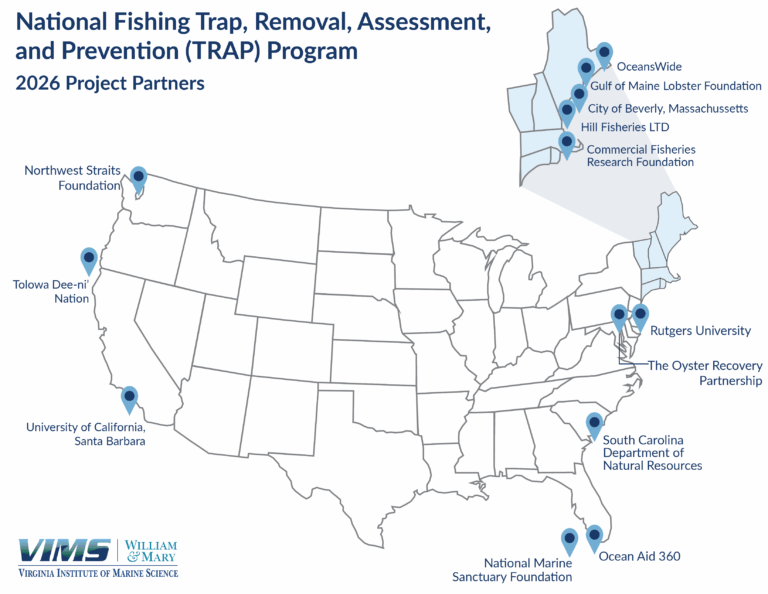
Hill Fisheries LTD received $148,622 to remove abandoned and derelict American lobster traps in the Cape Ann area and its surrounding islands in Massachusetts. Removal of ghost fishing gear addresses a contributing factor to recent declines in the lobster catch rate. The derelict gear also poses an entanglement risk to marine species, including the endangered North Atlantic right whale.
The Benioff Ocean Science Lab at the University of California, Santa Barbara was awarded $116,433 to identify and remove lost spiny lobster traps from ecologically-sensitive areas in the Channel Islands National Marine Sanctuary. Removal efforts will be undertaken alongside collaborators in the National Park Service and the recreational dive industry. Lost traps will be identified and marked through SCUBA surveys and then removed. Data will be collected to inform fishery management practices and recovered traps will be returned to local fishers.
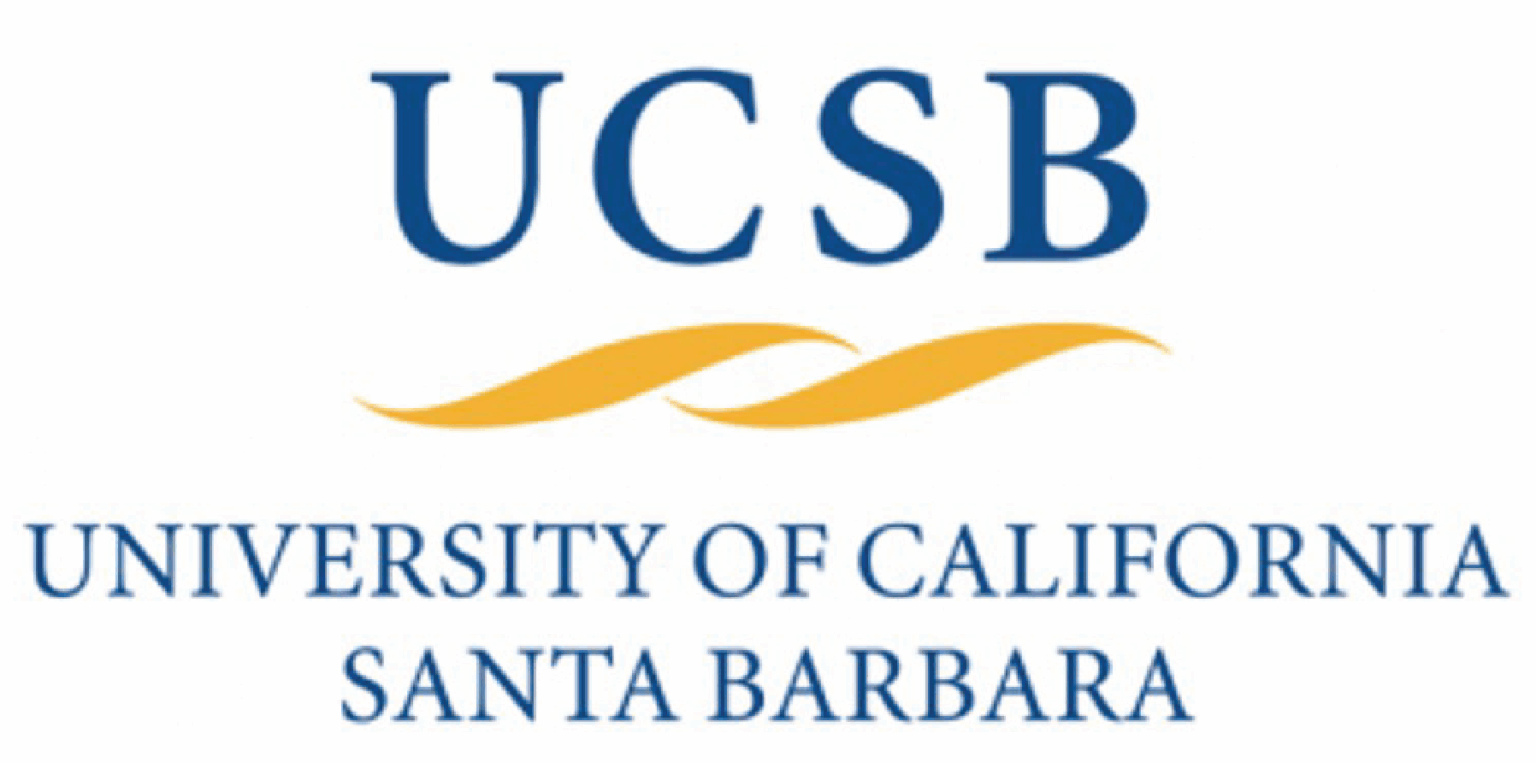
A total of $125,493 was awarded to the South Carolina Department of Natural Resources to address ghost blue crab traps in four estuarine areas of South Carolina – Calibogue Sound, ACE Basin National Estuarine Research Reserve, and the urbanized watersheds of Charleston and Cape Romain. This effort will comprehensively map 64 square kilometers of major waterways within the estuaries to identify and remove derelict traps.
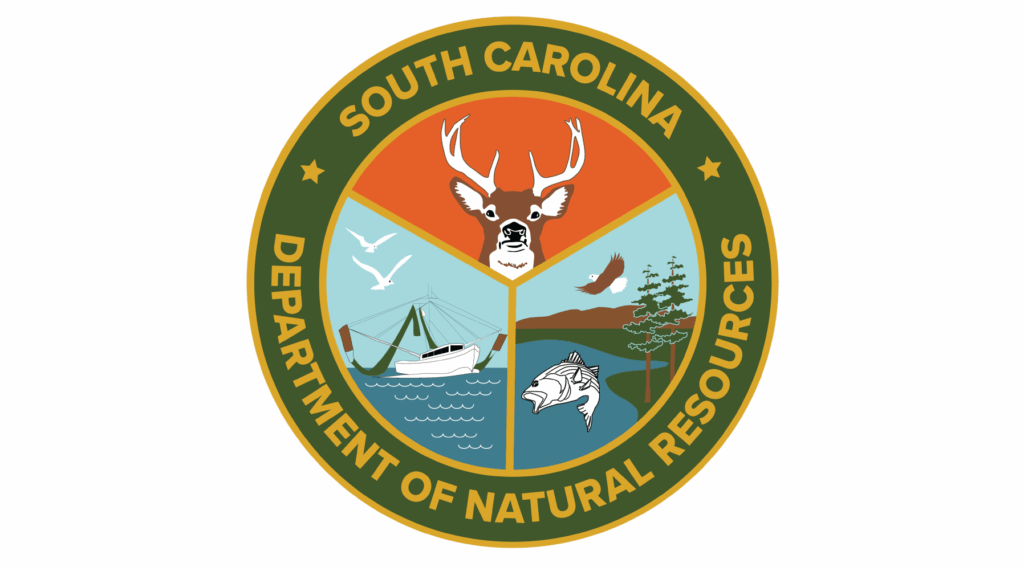
Ocean Aid 360 was awarded $150,000 to mobilize commercial fishers alongside dedicated trap data collectors, volunteer coastal residents, and local watershed groups to detect and remove derelict spiny lobster and stone crab traps in the Florida Keys. This intervention will include a robust pre-event survey and post-removal monitoring component to measure natural resources and economic benefits of the removal efforts.
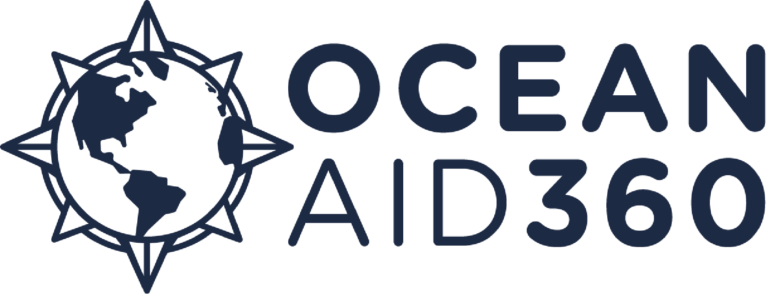
The Commercial Fisheries Research Foundation received $133,172 to remove ghost American lobster traps in Narragansett Bay target areas utilizing side-scan sonar equipment. By combining the survey results with those conducted in 2023 and 2025, the project team will estimate the rate and location of reaccumulating derelict traps in the Bay to inform removal activities.

The Tolowa Dee-ni’ Nation was awarded $140,448 to remove derelict Dungeness crab traps from the coastal beaches and nearshore waters of Taa-laa-waa-dvn in Northern California, restoring marine and intertidal habitats critical to native species. Tolowa Dee-ni’ Nation staff will coordinate on trap removal, repurposing or recycling material when possible.
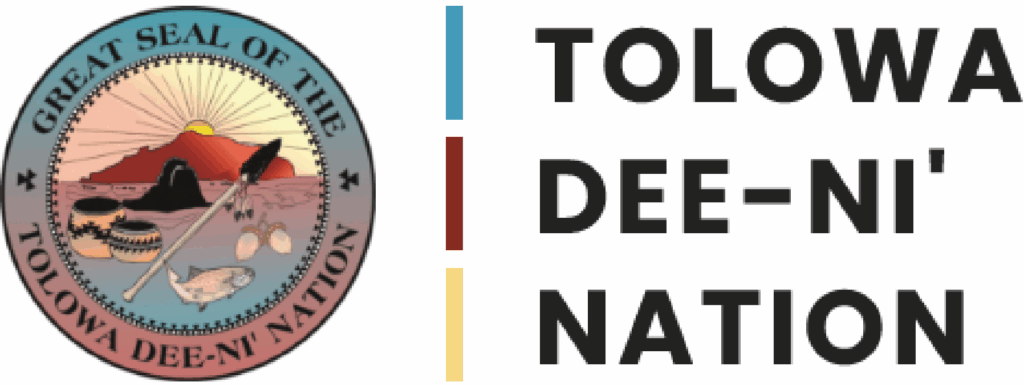
Oyster Recovery Partnership was granted $147,571 to remove derelict blue crab traps from Anne Arundel County waters in the Chesapeake Bay using side-scan sonar imagery. The project team will target high-density zones near the mouths of the Severn, South and Rhode Rivers. By engaging local watermen, the project will provide off-season income and opportunities to recycle and reuse commercial gear.

A total of $149,168 was awarded to Rutgers University to remove derelict blue crab traps and pilot recycling and prevention strategies from New Jersey waters within the Delaware Bay and in partnership with Stockton University. Side-scan sonar will be used to locate derelict traps in three focus areas and in collaboration with commercial crabbers. Funds generated from the recycling of recovered traps will be reinvested to further support prevention strategies.

The Northwest Straits Foundation was awarded $150,000 to conduct a Dungeness crab trap removal and prevention project in the Olympic Peninsula’s Port Angeles Harbor and Sequim Bay. Removal operations intend to clear approximately 3,980 acres of marine debris. Results of the project will be presented to the community and used to inform the outreach activities of local organizations.
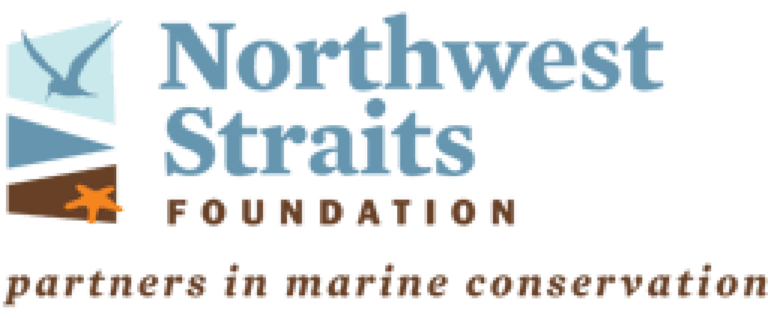
OceansWide received $135,751 to locate, characterize, and remove abandoned, lost, or otherwise discarded fishing gear in Midcoast Maine. They will focus on large aggregations of lobster traps known colloquially as “gear balls,” using a specialized grapple that will be fabricated for the project. OceansWide will work with lobster fishermen to locate high-priority gear balls that pose the biggest risk to fishing and navigation in the Midcoast Maine region.
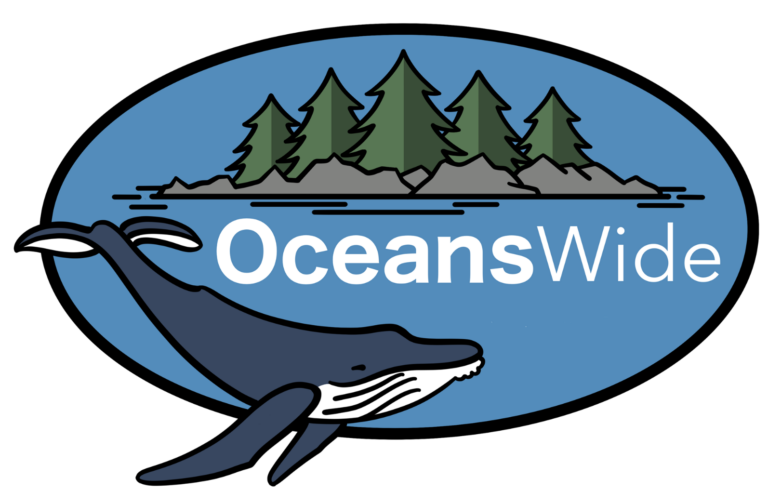
The City of Beverly, Massachusetts received $124,700 to support the removal of derelict lobster traps from Beverly Harbor using SCUBA-based recovery methods. Operations will be led by the Beverly Harbormaster Department in partnership with a coalition of regional stakeholders, including commercial fishermen, environmental organizations, and local dive professionals.
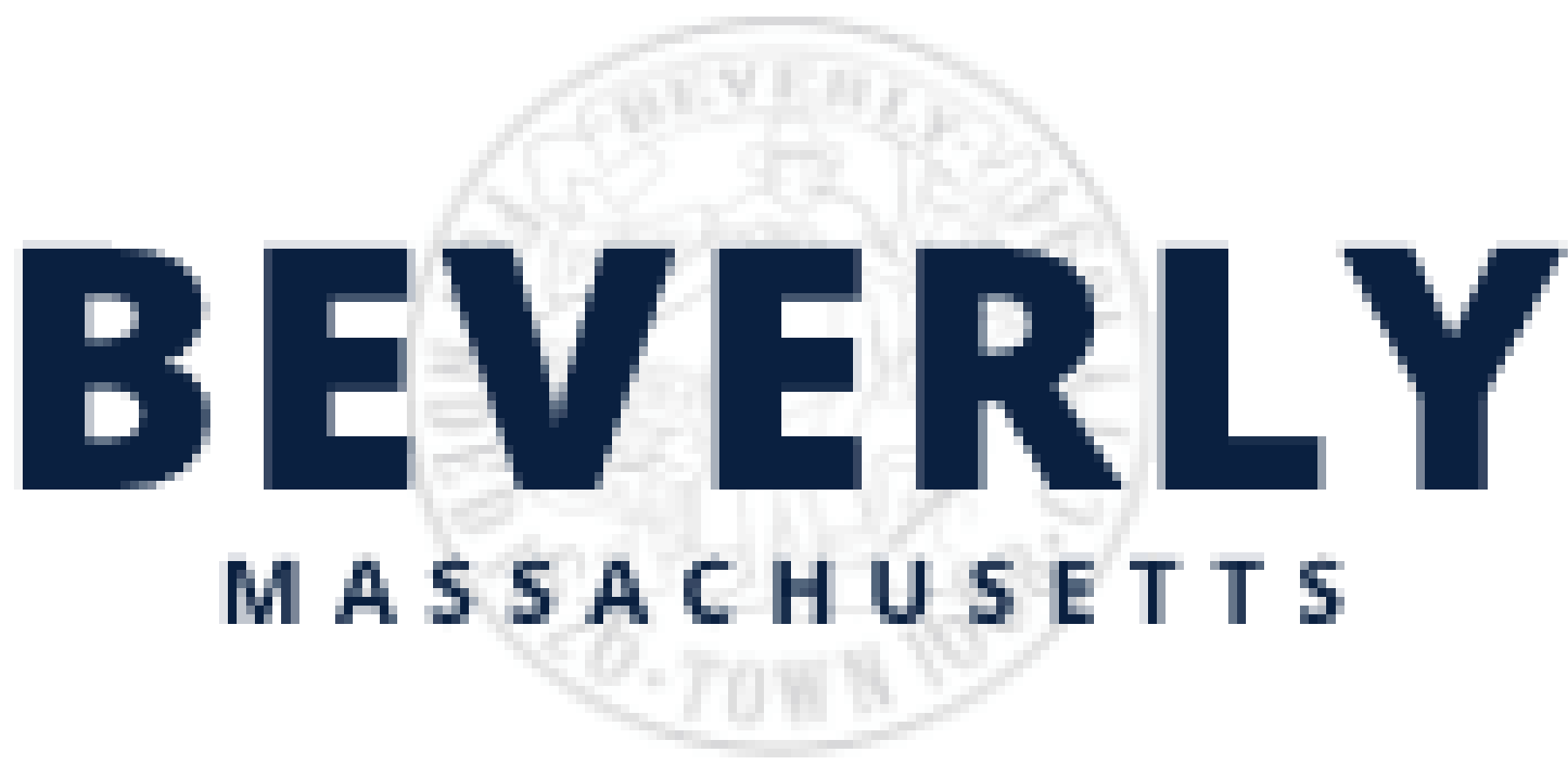
The National Marine Sanctuary Foundation was awarded $146,553 to remove derelict spiny lobster and stone crab traps from the coastal waterways of the Florida Keys National Marine Sanctuary. Surveys will be conducted to locate and remove traps using SCUBA-based methods that allow for the extraction of traps otherwise inaccessible from the surface. Data collected will support informed decision-making of critical marine habitat.
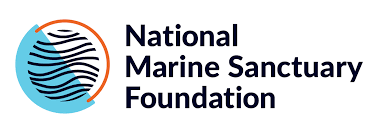
The Gulf of Maine Lobster Foundation received $149,980 to utilize experiential knowledge and existing resources of rural Maine fishermen to target, remove, document and synthesize data surrounding the loss and impacts of derelict fishing gear in rural Maine waterways. Mapping of qualitative and quantitative data will highlight the cost and time efficiency of gear removal by active fishermen.
